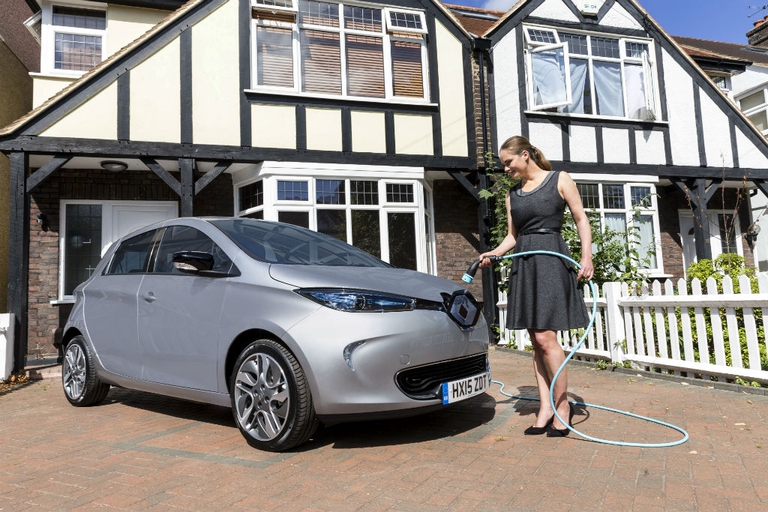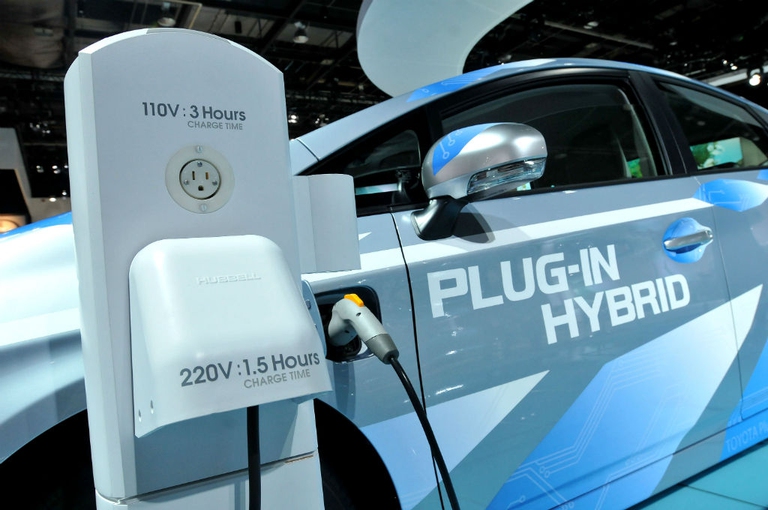
Sharon Lavigne, one of the six winners of the 2021 Goldman Environmental Prize, is fighting to protect her community from plastics corporations.
This is the first step of the Dutch Government to ban selling diesel and petrol cars in the country. Is the era of the internal combustion engine over?
The Tesla Model 3, the electric car sold at a moderate price that should revolutionise the market, is still receiving a resounding acclamation while the Netherlands is planning to ban selling new diesel and petrol cars by 2025.
By that year it may be impossible to buy a car with an internal combustion engine in the Netherlands, whether it is a petrol, diesel, hybrid or plug-in hybrid vehicle. In fact, a bill was brought before Parliament by a few members of the Dutch Labour Party (PVDA) and approved by the majority of the Tweede Kamer, the Lower House or second chamber of the Dutch Parliament. This is the first step to make non zero-emissions cars illegal and to become the first European country to ban non electric cars.
Within the Labour party and other alliances many deputies disapproved the bill. The Minister of Economic Affairs himself stated that just 15% of all cars may be electric by 2025 and that a better result will be extremely unlikely, or even impossible.
Maybe this bill is a provocation rather than a real possibility of making cars powered by fossil fuels illegal, nonetheless the political debate in the Netherlands has been sparked off. And this isn’t the first example. Recently, the municipality of Paris declared it wants to ban vehicles registered before 2000 from the city. And Hamburg will be the first European city to ban vehicles from the city centre by 2019. Helsinki and Oslo will do the same and promote the use of electric cars.
After the heartfelt call of 20 mayors of twenty European capitals for stricter regulations to limit the vehicles’ CO2 emissions, it is clear that part of the country’s politicians aim to promote sustainable mobility and the se of less polluting vehicles powered by renewable energy.
Siamo anche su WhatsApp. Segui il canale ufficiale LifeGate per restare aggiornata, aggiornato sulle ultime notizie e sulle nostre attività.
![]()
Quest'opera è distribuita con Licenza Creative Commons Attribuzione - Non commerciale - Non opere derivate 4.0 Internazionale.
Sharon Lavigne, one of the six winners of the 2021 Goldman Environmental Prize, is fighting to protect her community from plastics corporations.
Plastic pollution is airborne too. Microplastics are being carried across continents by the wind, as a recent study reveals.
Levels of particulates in New Delhi in 2020 were once again far above safety thresholds, with extremely serious health consequences for its citizens.
A major oil spill in the Ecuadorian Amazon in April has left the Coca River polluted. The indigenous Kichwa are suing the companies whose pipelines broke.
Molecules that eat up plastic waste, including PET bottles, may soon become widely used as scientists leap ahead in developing new super enzymes.
In Italy’s Land of Fires between Naples and Caserta, activists like Carmen Medaglia are fighting to promote new ways of managing waste.
Toxic substances in Kamchatka’s waters have killed 95% of marine fauna and caused health problems for surfers. The causes, however, are still unknown.
A Magellanic penguin was found lifeless on a Brazilian beach: in its stomach, an N95 face mask. Researchers believe the animal died from ingesting it.
The drop in air pollution during worldwide lockdowns helped prevent thousands of premature deaths. But the situation is returning to pre-crisis levels.









